Sustainability expert Ashlee Piper shares how to stop overconsumption, reclaim our personal power, and take small steps that add up.
Earth Day is coming up next week, and you’re not alone if you think climate news in the last few years has felt incredibly depressing. There are so many elements that we can’t control. But we can make a difference by curbing our overconsumption. And not just a difference in the world, but in our wallets, which (in light of the recent market turmoil) is probably feeling a little thin.
On the HerMoney Podcast, Jean Chatzky is joined by Ashlee Piper, a sustainability expert and the author of the book No New Things: A Radically Simple 30-Day Guide to Saving Money, the Planet, and Your Sanity. She shares how to curb overconsumption, reclaim our personal power, and take small steps that actually add up — for our wallets and the world.
The Overconsumption Trap: Why We’re Always Spending
Jean Chatzky: You write that at one point you were caught in what you call a work-to-buy swirl, the cycle of just earning to spend, rinse, and repeat. What did that feel like? And what was the light bulb moment that made you realize overconsumption wasn’t making you happy?
Ashlee Piper: I was a political strategist for around 10 years. I was working all the time making a lovely salary, but I was so stressed out and disconnected from a lot of my life that I was buying and browsing as recreation. I had a closet full of beautiful clothes that didn’t fit me, or I forgot that I had bought, and I still had tags hanging on them.
It was putting me into debt, and I wasn’t happy. It not only felt unsustainable, it felt extremely uncomfortable. What snapped me out of that was my interest in becoming more sustainable. I found that those sustainable habits were also great for my wallet, and they really pulled the mask off of the autopilot overconsumption I had been doing.
Marketing Is Messing With Your Mind (and Your Wallet)
Jean Chatzky: Why is it that we are so wired to throw stuff at this variety of problems? What is that about?
Ashlee Piper: It’s been estimated that the average American sees around 2,000 to 10,000 advertising impressions a day. So you are literally getting advertising in some way, shape, or form all of the time. And those advertisers and marketers pull emotional levers.
Think about malls, movie theaters, and grocery stores. They’re kept intentionally cold because science shows that when we are cold, we are more likely to make impulsive decisions. There are so many reasons why we’ve become these creatures of conditioned consumerism, and we know that psychology is always being leveraged on us when marketing is at play.
Your Brain On Boundaries: Why The 30-Day No Buy Challenge Works
Jean Chatzky: Let’s wrap this conversation by bringing it around to where we started, which is the good you’re doing for the world and the good you’re doing for your wallet. Can you quantify it?
Ashlee Piper: I saved $36,000 in the two years I did “no new things,” and that’s independent of all the debt I paid off. When you don’t buy a lot of crap you don’t need, you see some immediate savings.
As far as the planet goes, supply and demand are very real. The more that we are doing something like this and showing that we don’t need as many of these things to be produced and imported and exported, it eases a little bit of the burden on the planet. And the same goes for buying things secondhand; things that exist are infinitely better for the planet than things that need to be newly created.
MORE ON HERMONEY:
More money news when you need it! Get the latest and greatest updates on all things investing, budgeting, and making money. Subscribe to the HerMoney newsletter at Hermoney.com/subscribe!


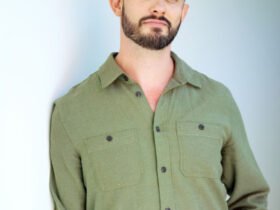
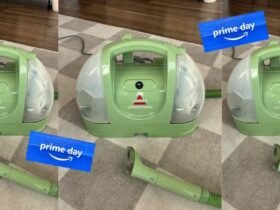



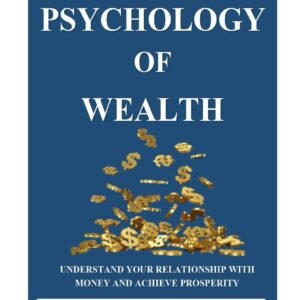
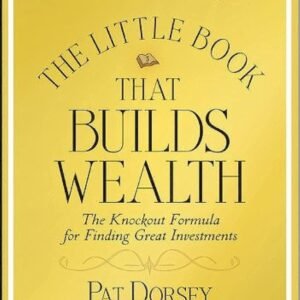

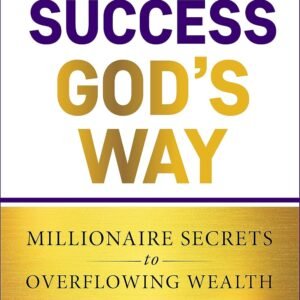








Leave a Reply